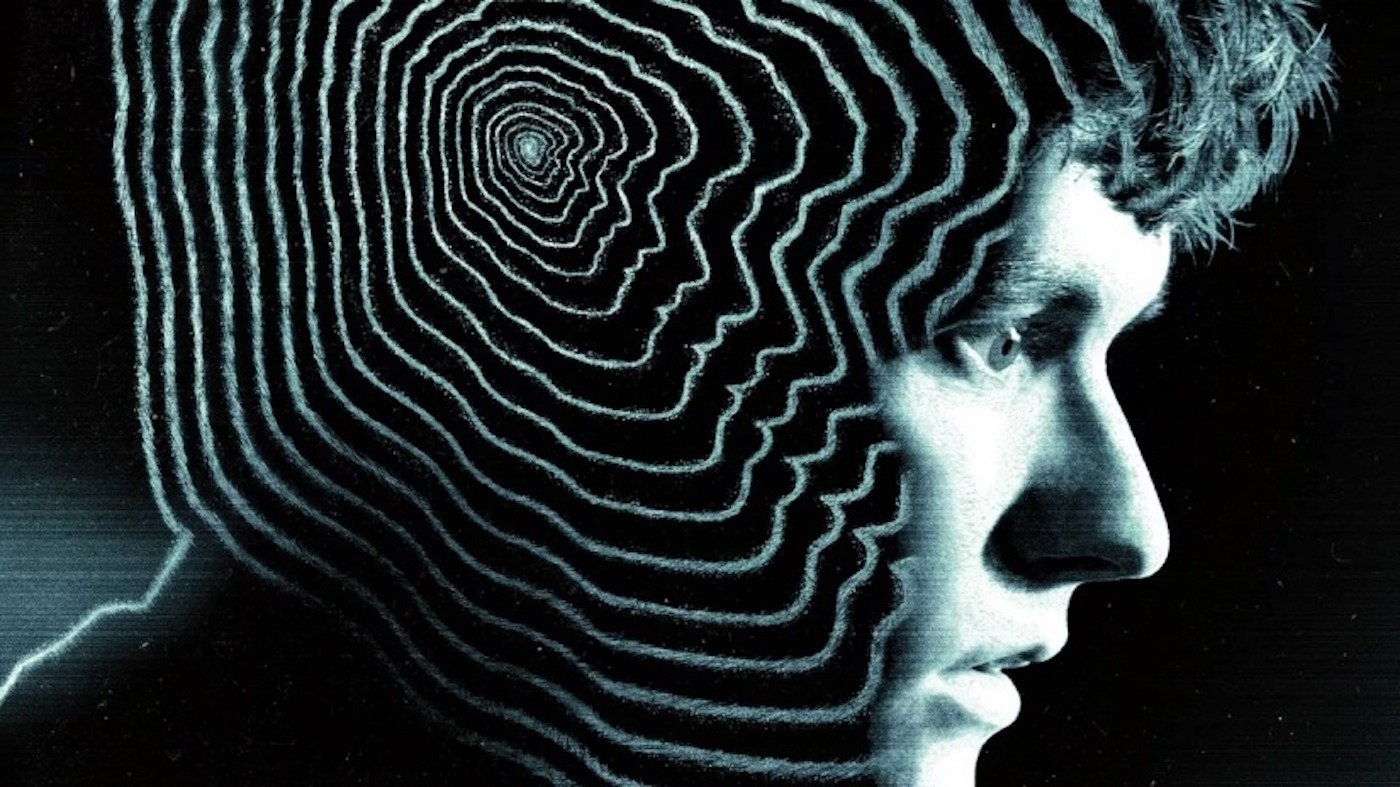Netflix recently released a “choose your own adventure” movie with multiple endings. Black Mirror: Bandersnatch has set people on a potential five-hour mission to find the “good ending” by going through all possible routes in the film. The production has been a long time coming and Black Mirror fans are ecstatic with its release.
The film is either a philosopher’s dream or nightmare. The premise of the story finds main character Stephen, a young video game developer, beginning to suspect a sinister reason behind the similarities between his life and “Bandersnatch,” the video game he is trying to produce. The game Stephen is developing aims to allow players to make their own choices within the game that lead to multiple different endings. Perhaps due to the time Stephen spends alone while developing the game and the continuous crashes that occur while he is in mid-development, he starts to suspect that someone or something is controlling his choices and that he doesn’t truly have free will.
The first choice we (the viewers) get to make is the simple decision of what cereal to have for breakfast. From that point on, every choice can change your end result. Almost all the endings result in at least one of the characters dying.
The film received some backlash resulting from a debate as to whether there truly is a path leading to a happy ending. In one ending, Stephen finds resolution and peace with himself as he goes back in time and makes a different decision in his past that kills him in the present period. Another ending features Stephen finally getting a perfect score on “Bandersnatch,” except the price of getting to that score sees Stephen mirror the fate of the author whose book his game is based on. The original author of the book went mentally ill and ruthlessly murdered his wife. In Stephen’s case, he murders his father. The debates over which (or any) endings are good endings are rooted in your individual point of view. Is your goal to help Stephen perfect the game, or is it to find peace? Perhaps, you just want a single ending where everyone lives.
Regardless of what ending you would rather be the “official” ending, Black Mirror: Bandersnatch is worth watching through at least once. The film is much like other Black Mirror episodes, in that the entire show is a bit dark and does have a unique conceptual view on society, but the twists it takes make you want to watch it again to see other possibilities. One of the features of the film is that when you watch it multiple times to find the different endings, some of the scenes change slightly when you watch them a second time and result in small déjà vu moments from the characters where they hold knowledge from a previous run-through of the same scene.
At the end of Bandersnatch, you might also have some questions for yourself. The film causes people to self-reflect upon its message. Are we all making small decisions that are pointless because they all end in the same result, death?
Black Mirror: Bandersnatch is something we should all watch because it is bound to get a reaction out of everyone, be it bad or good. We can be mad about there being no ending where Stephen’s game gets a perfect score and no one dies, or we can think a little deeper about the message the show is trying to send.
Emmaline is working on her BA and ambitions to become an English teacher. They always say, those who cannot do, teach. She spends her free time buying, reading, and hoarding books with the hope that one day she will have no furniture and instead only have piles of books.



